Beyond the dichotomy: Perspectives on direct work and effective giving
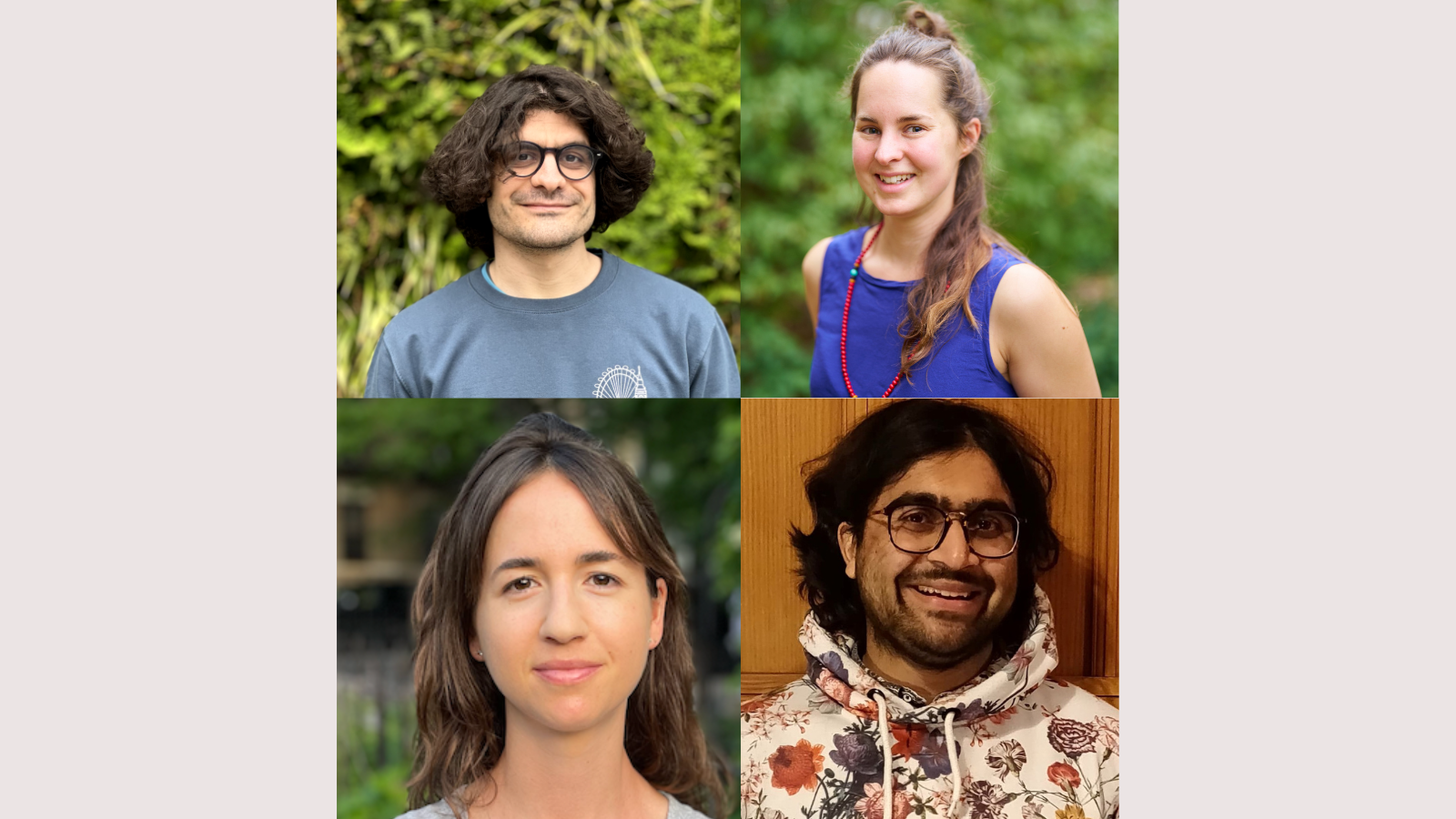.png?w=3840&q=75&fit=clip&auto=format)
From top left to bottom right: Lorenzo Buonanno (Giving What We Can), Milena Canzler (EA Germany), Kayla Fishman (GiveDirectly), Neel Nanda (Google DeepMind).
I attempt to make the points below and then interview the 10% pledgers above (who also do direct work) on their thoughts:
- High-impact careers and effective giving aren't mutually exclusive; they are complementary tools in the broader goal of improving the world.
- Many professionals in the EA community, including Giving What We Can staff, pursue direct work and significant donations, demonstrating that both can be feasible and valuable.
- Direct work, especially if lower-paying, can be seen as an implicit donation, but this shouldn't necessarily prevent further reflection on whether additional giving could make sense.
- Effective giving allows individuals to support causes beyond their direct work, mitigate risks in their career choices, and inspire others to make a difference.
- The aim of improving the world is not to check a “moral sufficiency” box, but to look for ways to contribute as you see fit, considering both time and financial resources.
Introduction & context: why am I writing this?
I’ve noticed that thinking about high-impact careers and giving effectively is often presented as an either/or choice. For example, taking a giving pledge is often mentioned as a way to have an impact if you don’t have a high-impact career, and “I’m doing direct work” is a common reason people don’t take the 10% Pledge.
Yet I’ve spoken with many people (including the entire staff at Giving What We Can) who don’t see high-impact work and high-impact donations as mutually exclusive, but rather as two different tools in one broad “improve the world” toolbox. A handful of our staff – in addition to earning a much lower salary than they plausibly could in the private sector and taking the 10% Pledge – also salary sacrifice large portions of their salary back to Giving What We Can.
On the flipside, I’ve spoken with others who believe direct work is so much more impactful that it doesn’t matter too much whether you choose to donate on top of that, and that – if you do take a direct role that’s significantly lower paying than you would if impact weren’t a factor – you could consider that an implicit donation.
While I’m sympathetic to the rationale that taking a much lower paying role than you could have otherwise is a form of donating, I have some qualms about using this as a conversation stopper. (I’m not sure whether this is, in fact, used that way; however, it’s plausible to me that such a rationale could prevent further self-reflection around whether you could reasonably afford to also donate and if so, whether this is something that you think is worthwhile.)
Put another way: in a recent ad campaign, we used the slogan “You don’t have to do everything but you should probably do something.” And I agree with this. However, I don’t believe this sentiment equates to: “I’ve done something so I don’t have to consider doing anything else.” The latter, to me, misses out on the point behind all forms of improving the world – it’s not about checking a “moral sufficiency” box, it’s about the impact. And if I can increase this impact at little (extra) cost to myself, this (to me) would seem worth doing.
I also think that pledging even if you already do direct work (provided your salary allows you to) is a nice way to push back on a misconception that seems to be floating around outside of the EA community – that pledging is either a way to write-off harm you may be doing in other areas of your life, such as through a career that enforces systems of oppression, or a way to check off “moral sufficiency” the other way around – “I’m donating so I don’t have to do anything else.”
I had a quite frustrating online exchange with Massimo Pigliucci about this, who seemed to think that EA’s approach to charity would stop people from advocating (in other ways) for system change. While there’s a lot more to say in response to that concern, one clear case study in opposition is the number of pledgers who are also doing direct work.
Again, this isn’t to say that everyone needs to do both. We have to be realistic about what we reasonably can or want to do, and it’s okay to draw the line somewhere. But I do think there are other ways (besides a perceived dichotomy) to think about the relationship between direct work and giving that are worth considering. In this post, I’m going to:
-Lay out a few rough thoughts for ways to think about this relationship
-Highlight the stories and experiences of a few pledgers who are also doing direct work
Rough thoughts about the relationship of effective giving and direct work
- Effective giving as another tool in a broader impact toolbox. For example, Nina Friedrich of High Impact Professionals told me: “At HIP, we consider donations as one of three paths to an impactful career: skills, donations, network. People can focus on just one approach or follow a ‘portfolio approach’, where different aspects are combined."
- Considering the salary of your direct work in isolation, rather than comparing it to “what you could have made elsewhere”. A lot of direct work is still really high paying, especially when you consider where your income puts you on the global scale. Additionally, it could be risky to base decisions too heavily on “could haves”
- Effective giving as a way to contribute to areas that you may care about but that are outside the scope of your work. For example, perhaps you've dedicated your career to working on AI safety but also still care about problems in global health that are leading to needless suffering mostly because of a funding gap
- Effective giving as a way of supporting other people to further their work -- for example, supporting orgs that are doing direct work in a different cause area or funding research that someone like you may do as part of their career. One pledge motivation from someone referred by 80,000 Hours read: “I believe that there are great people working for great causes, but they rarely end up with enough money even though we have plenty of resources to go around.”
- Effective giving (depending on where you choose to donate) as an “impact insurance policy” that might make you more likely to take well-reasoned bets in your career – things that could have extremely high payoff but come with some uncertainty/risk. Many believe the best opportunities come with some risk/uncertainty of impact, so being confident you are also having concrete impact in other ways (such as through your donations) could make you more likely to take these positions, leading to greater impact all around.
- Effective giving as a way to encourage and inspire others (who may not be as well-suited to direct work) to make a difference. By giving yourself, you set an example for others to follow.
While not specifically related to donating while doing direct work, there’s some reason to think effective giving could also help people have an impactful career later—in that it encourages people to take impact more seriously, become more informed, etc.
Thoughts from Pledgers who also do direct work
I interviewed Kayla Fishman (GiveDirectly), Neel Nanda (Google DeepMind), Milena Canzler (EA Germany) and Lorenzo Buonanno (Giving What We Can) to hear how they think about direct work and giving. Before we get to some excerpts from these interviews, I’ll let each person introduce themselves:
Kayla Fishman
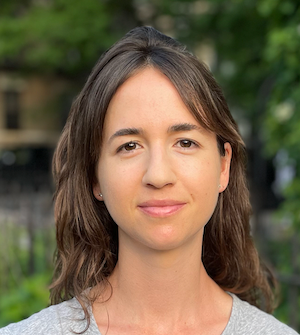 Hi, I’m Kayla! I work on GiveDirectly’s Growth team, where our broader goal is to help raise and send as much money as possible to the world’s poorest people.
Hi, I’m Kayla! I work on GiveDirectly’s Growth team, where our broader goal is to help raise and send as much money as possible to the world’s poorest people.
I’ve been at GiveDirectly since early 2022, and it’s been by far the most professionally and personally fulfilling years of my life.
I started my career in the film industry, starting as an assistant at a talent agency (google Entourage if you’re curious…) and working my way up to helping develop and produce big budget movies at Disney. Entry-level roles in the entertainment industry are notoriously pretty soul-sucking, but it wasn’t until I had “made it” into a more senior position and doing the job I had always dreamt of that I realized how unfulfilled I was.
Then the pandemic hit, and one day I read an article about GiveDirectly’s digital cash response to COVID-19. At the time I was pretty myopic, didn’t know anything or think much about giving to charity (let alone effectively), and was pretty skeptical that anything I could do would make a difference. Reading that I could just send money to people without any conditions and make their lives meaningfully better was completely eye-opening for me.
I made a $10 donation to GiveDirectly that day, and in reading about GD found GiveWell, and the writing of Peter Singer, and principles of effective altruism, and on and on.
I very quickly started giving more via GiveDirectly that year than I probably had in my whole life until that point.
I also resolved to work there someday – and after a long and occasionally painful job search and stepping-stone job at a tech startup, I got a job at GD ~2 years later.
Neel Nanda
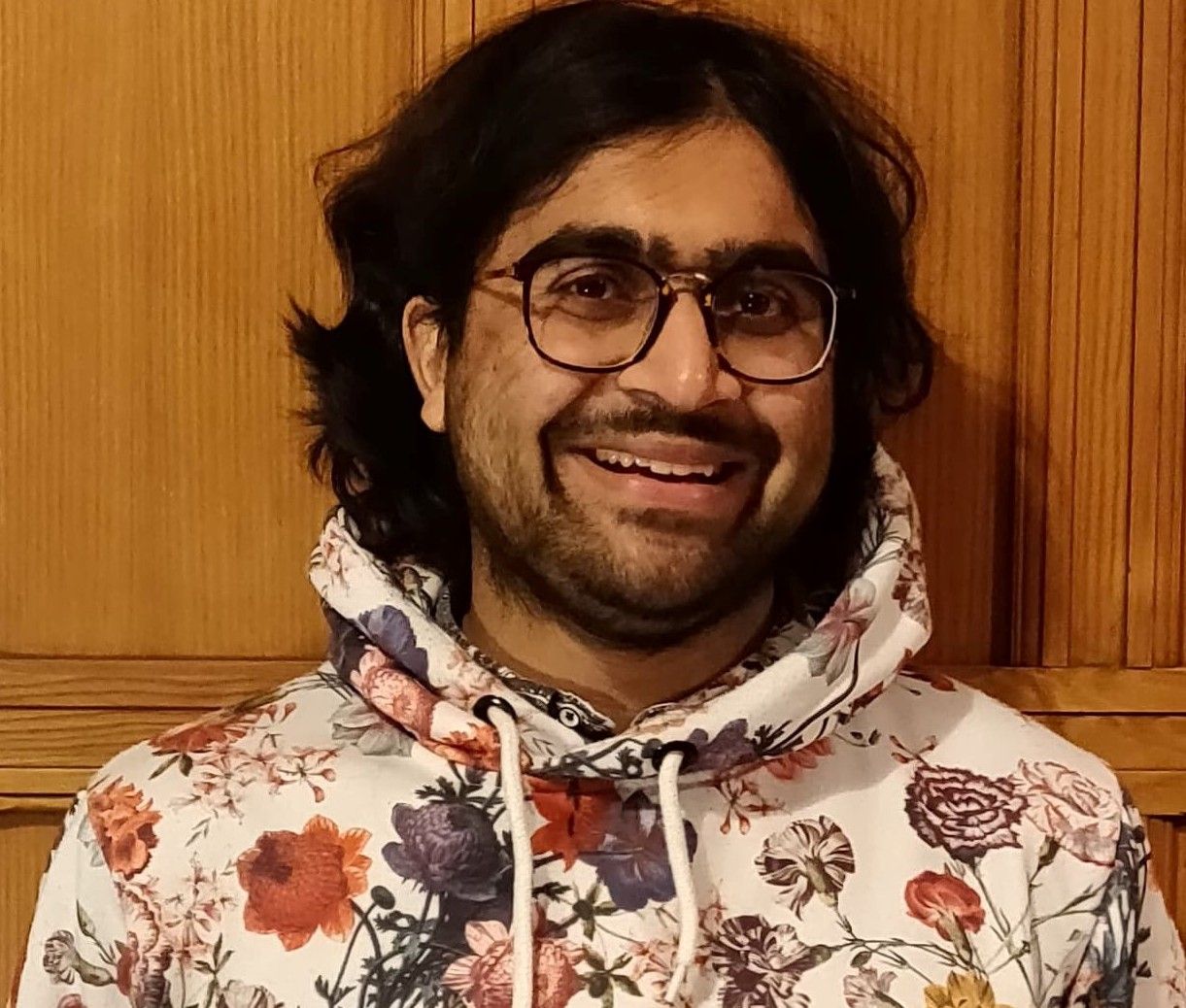 Hey, I’m Neel! I work on AGI Safety at Google DeepMind, where I run our mechanistic interpretability team.
Hey, I’m Neel! I work on AGI Safety at Google DeepMind, where I run our mechanistic interpretability team.
Mechanistic interpretability is the study of what happens inside neural networks — what kinds of algorithms and structure have they learned, and how can we reverse engineer it?
I’ve been interested in effective altruism and rationality since at least 2014. In 2020, I finished a maths undergrad at Cambridge, where I was fairly involved in the EA society there. After graduating, I decided I was compelled enough by the arguments for existential risk from AI to at least explore working on it, and after trying out various AI Safety internships, discovered that mech interp was a great fit for my skills and tastes.
Milena Canzler
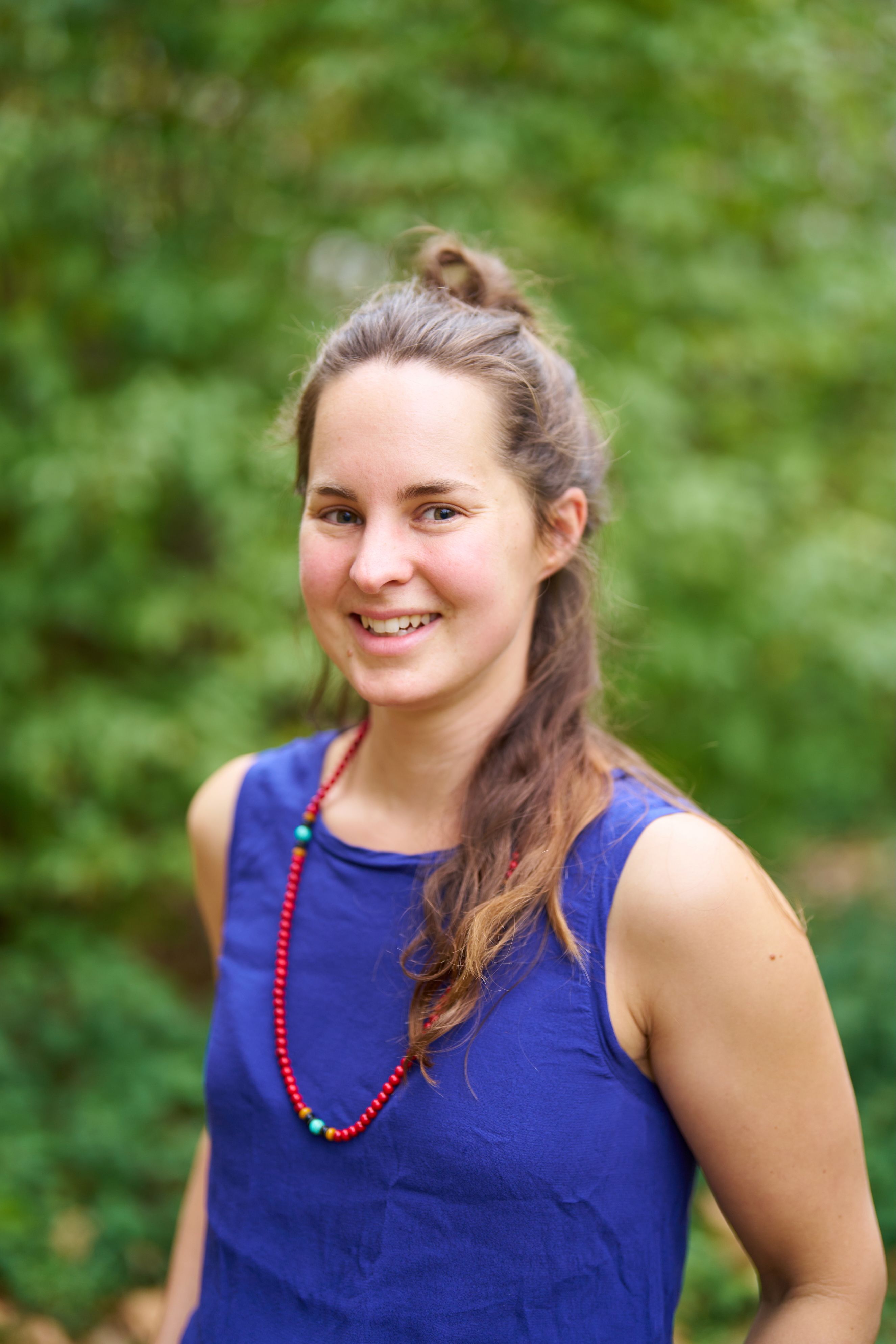 Hi, I’m Milena! I've been working for EA Germany (EA Community Building and Talent Support) since 2022. We work on supporting motivated people on finding their path towards impact, growing the EA community here, and reaching the general public with EA ideas.
Hi, I’m Milena! I've been working for EA Germany (EA Community Building and Talent Support) since 2022. We work on supporting motivated people on finding their path towards impact, growing the EA community here, and reaching the general public with EA ideas.
I have a background in Biology, with a diverse portfolio of interests during my studies (neuroscience, genetics, ecology, science communication). During my studies, I always hoped I’d stumble upon the one thing that excites me. At some point, I realized that’s very unlikely to happen – I’m too interested in too many things! After finishing my degree in the Netherlands, I worked odd jobs and lived in Australia for a few years. I always felt a pull towards doing something useful for society during my life, but never felt able to connect the dots until I learned about EA 4 years ago, during the pandemic.
Effective giving was an eye-opener for me, and I vowed that I'd start donating at least 10% of my income once I landed a job again. When that happened, it was a no-brainer for me to redirect a small amount of more money than I’d ever earned before (not that much for German standards, but more than student allowance or café wages). I also started co-organizing my local EA group and visiting EA events. When some friends encouraged me to apply for my current job, I gave it a go -- and luckily succeeded!
Lorenzo Buonanno
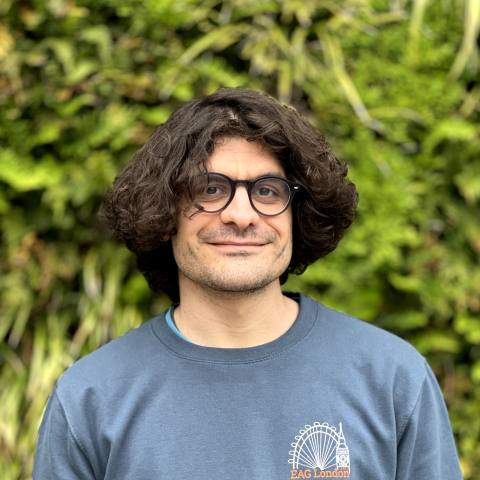 Hello! I’m Lorenzo and I have been writing software at Giving What We Can since May 2023.
Hello! I’m Lorenzo and I have been writing software at Giving What We Can since May 2023.
I finished my Computer Science degree in Pisa (Italy) in 2020, and a few months later moved to the Netherlands (higher-paying jobs) to work as a Software Developer for a digital mental health platform.
I’ve always donated most of my income, as I believe it can benefit others much more than myself. Initially I was giving to Doctors Without Borders, but soon switched to GiveWell’s top charities as I believed they could help more people.
In December 2021 I had €10,000 left to donate. I was very unsure on how to allocate it, so I donated it to a donor lottery for a ≈2.26% chance of having the right to recommend how to direct $0.5M.
After surprisingly winning the lottery, I spent a lot of time thinking about how I could do more good, and in late 2022 decided to quit my job and move back to Italy to do part-time community building while working part time as a remote contractor for a startup to pay the bills.
I wasn’t able to achieve much as a community builder, so after ~6 months I gave up and applied to a bunch of impactful orgs where I thought I could be a good fit. I was extremely lucky that Giving What We Can was hiring for a software developer role at that time, and so far I really like my job here!
On the Pledge
Neel:
“I’m not sure where I first heard about it - if you’re involved enough in EA, it’s pretty hard to miss! As for why I took it, I think that the logical arguments that the good I can do with the money far outweighs the marginal utility to me, and 10% seemed a decent balance between zero altruism and maximum self-sacrifice.”
Kayla:
“For the ~2 years between hearing about GWWC and starting my job at GD, I was steadily increasing my giving to GD and other effective causes but wasn’t anywhere near 10%. It wasn’t until after I started at GD and saw firsthand how massive a difference my donations could be making in the lives’ of others that I really ramped up my donations.”
Lorenzo:
"I’ve been giving what I can since I started working, without stressing too much about it. Currently, this averages at about ~40% of my income, but this year it will likely be closer to ~35%. I’m very fortunate to have no health issues and no dependents. I don’t have children, and my parents and sister have full time jobs and can easily support themselves, so I feel free to spend money on whatever I think is most valuable. Also, knowing that I can always scale back my charitable giving in case of unexpected expenses serves as a buffer – I wouldn’t have to dip into savings or take on debt – so I feel financially safe."
On the relationship of direct work and giving
Milena:
“I like the added "safety" of also donating a part of my income, to make sure that I don't only create impact via my work, as I'm working a step removed from actual impact. I also think it's great to set an example by taking a pledge as someone who's working for an EA organisation.”
Neel:
“Quite honestly, I think that the impact of my work significantly outweighs the good I can do by donating…I see deciding where to give as a fun side hobby, and am sometimes a bit stressed when I don’t have enough time for donation planning, but it’s definitely lower priority than my work. In general, I think that the impact of someone’s direct work will significantly outweigh their giving (or that their direct work may not be too effective and they should consider doing something else!) I also personally think that, when someone’s direct work pays significantly less than what they’d be doing if they cared less about altruism, they should consider that salary gap to be an implicit donation. In my personal case, AI lab salaries are unreasonably high and this doesn’t really matter.”
Kayla:
“I feel privileged to have so much exposure to the impact of my giving through my work, and it definitely motivates me to fulfill my Pledge and be a part of the effective giving community.”
Lorenzo:
“I don’t think that the fact that I’m paid to do work that I believe is valuable changes much in terms of how much I want to give. If anything, I think it would feel a bit weird to ask others to give more without giving something myself.”
On the practicalities of doing both
Kayla:
“It’s definitely made me more of an evangelist for both direct work and effective giving - which has probably also made me more insufferable to the people in my life that care less about those things!”
Milena:
“I have a good salary. Donating a portion of it provides value for me.”